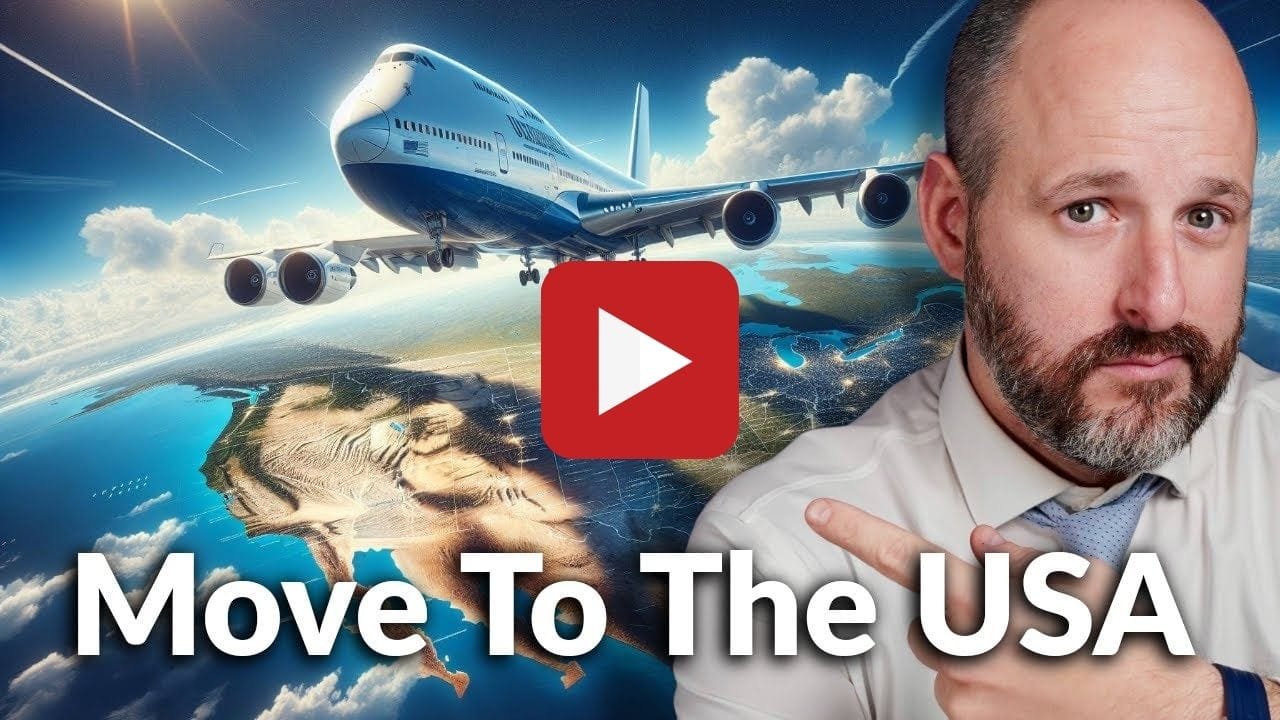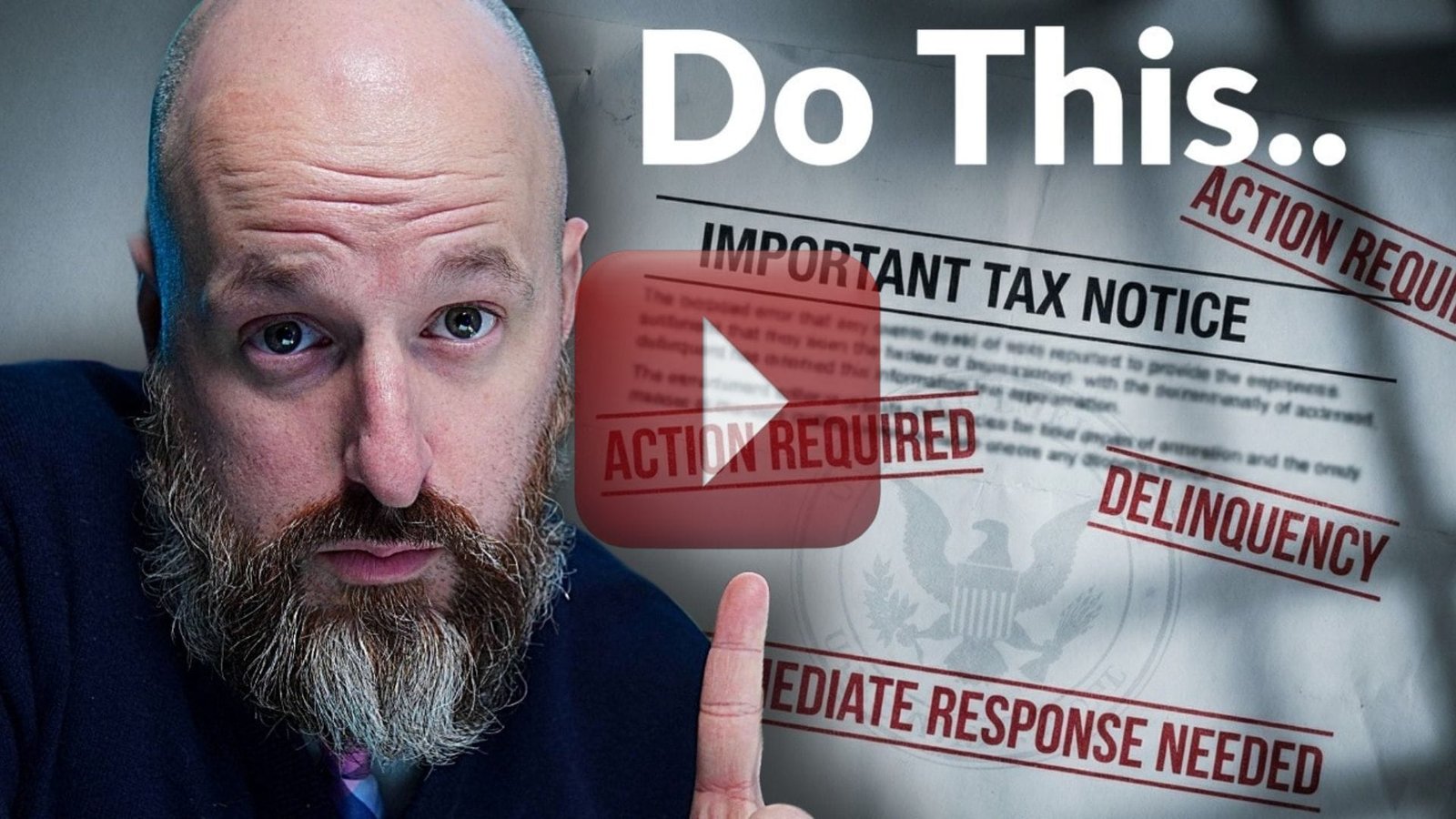
If you’ve ever dreamed about moving to the U.S. as an entrepreneur, you probably thought it was complicated, expensive, or just plain impossible. The truth? There are strategies successful entrepreneurs use every day to make the move, and it doesn’t always involve lottery visas or being tech billionaires. In this post, we’ll break down how it actually works, based on real experiences from people who’ve done it.
Why Moving to the U.S. is More Than Just a Visa
Moving to the U.S. isn’t just about getting paperwork approved. It’s also about lifestyle, career growth, and access to opportunities that simply don’t exist in your home country. For many entrepreneurs, it’s about having the freedom to scale a business, hire talent, and reach global clients all from one location.
There are basically two main paths to legally live and work in the U.S.:
-
Permanent Residency – Think green card, citizenship, long-term stability.
-
Non-Immigrant Visas – Temporary work options that can last from a few months to several years, like E2, L1, O1, student, or tourist visas.
Most entrepreneurs start with a non-immigrant visa unless they’re ready to wait 20–30 months for a green card process.
The E2 Visa: The Favorite Among Entrepreneurs
The E2 visa is often the go-to choice for small business owners looking to move to the U.S. Why? Because it’s fast, flexible, and highly accessible compared to other visas. In 2023 alone, there were 53,000 E2 visas issued, up from the mid-40k range in previous years.
Here’s what you need to know:
-
Investment Requirement: Usually $100,000 or more into a U.S.-based business. There’s no strict minimum, but it must be substantial.
-
Job Creation: You need to create a few American jobs.
-
Ownership: You should own at least 50% of the business.
-
Eligible Countries: Your home country must have a treaty of commerce with the U.S. (About 80 countries qualify, including most of Western Europe. Brazil, India, China, and Russia are notable exceptions.)
The investment can be in your own startup, an existing business, or a franchise. For people unsure what business to start, franchising is often recommended because it comes with a proven model and faster revenue generation.
Why Franchises Can Be Perfect for E2
Franchises help entrepreneurs meet E2 criteria quickly. They already have marketing, products, and operations in place. Your job? Hire a couple Americans and manage daily operations.
Popular service-based franchises include:
-
Window washing
-
Pest control
-
Junk removal
-
Mosquito control
These businesses may seem simple, but they’re profitable, scalable, and easier to sell later. For example, investing $100,000 in a window washing business could realistically generate $500,000 in revenue within two years, with healthy profit margins. When you’re ready to leave, you can sell it for 2x the initial investment or more.
Restaurants or complex retail businesses? Be careful. High startup costs, licensing issues, and supply challenges often make them less practical for first-time U.S. entrepreneurs.
What If Your Country Doesn’t Qualify for an E2?
If your country doesn’t have a treaty, or if you want to move with key employees, there are alternatives:
- L1 Visa: Perfect for entrepreneurs with existing companies abroad. You can transfer yourself or essential staff to a U.S. entity if you manage multiple employees. Usually requires a higher investment and a larger team.
- O1 Visa: Designed for high-skilled professionals recognized in their field. No investment or job creation is needed. If you’re a top-tier consultant, scientist, or creative professional with U.S. clients, this visa can bring you to the U.S. legally.
Both options are more complex than the E2 and often require expert guidance to navigate.
How to Pick the Right Visa
Choosing the right visa depends on your profile, goals, and business type. Entrepreneurs usually self-educate first and narrow down to the E2 because it aligns with investing in small businesses. But a proper immigration attorney should always review the case.
Visa experts often work with hundreds of attorneys nationwide who specialize in high-volume cases, ensuring up-to-date knowledge on consulate trends, legal updates, and common pitfalls. For example, certain consulates may deny a house-flipping business if your initial plan doesn’t show enough activity or revenue, even if you’re capable of running it successfully.
Costs to Expect
Getting to the U.S. legally isn’t free. Here’s a rough breakdown:
- Business setup & LLC fees: Varies by state, usually a few hundred dollars.
- Professional fees (accounting, legal, business plans): Can range from $5,000–10,000.
- Government filing fees: Typically $1,000–5,000 depending on the visa.
Total: $10,000–15,000 for most E2 or O1 applications. Some firms even offer money-back guarantees if your E2 application is denied under specific conditions—a rare offer in this space.
Timeline: From Idea to U.S. Move
Depending on your visa type, here’s what you can expect:
- E2 Visa: 3–6 months from choosing a business to approval (premium processing can shorten it).
- L1 Visa: Similar to E2 if using premium processing, sometimes longer for complex cases.
- O1 Visa: Preparation can take 1 month to a year, depending on how high-profile you are in your industry.
- EB2 NIW (green card): 20–30 months, but comes with permanent residency upon approval.
For franchises, the diligence process typically takes 3–6 months, including selecting the right opportunity, site evaluation, and business setup.Your Content Goes Here
Real Success Stories
Consider a dual-national entrepreneur from Brazil. He invested about $250,000 in a healthy food franchise near Sarasota, Florida. Within less than two years, his operations generated over $1 million in revenue with healthy profit margins. He essentially paid himself back the initial investment in the first year. That’s the kind of results possible when the right franchise is selected and managed correctly.
Many successful entrepreneurs follow this path:
- Pick a franchise or start a U.S. company.
- Invest enough to meet visa requirements.
- Hire a small team of American employees.
- Operate the business while enjoying the lifestyle benefits of the U.S.
This approach not only meets legal requirements but also positions you for long-term financial success and potential permanent residency later.
Final Advice for Aspiring U.S. Entrepreneurs
- Research thoroughly: Make sure your business and investment fit the visa requirements.
- Work with experts: High-volume immigration attorneys and visa consultants help navigate tricky regulations.
- Consider resale value: Always evaluate how easy it will be to sell your business if you ever leave.
- Start with service-based franchises: Faster revenue, lower complexity, easier compliance.
- Plan for lifestyle: Think beyond paperwork—moving to the U.S. is also about the life you’ll build.
Moving to the U.S. as an entrepreneur isn’t about luck. It’s about understanding the right path, making smart investments, and working with experts who know the system. Whether you choose a franchise, start your own company, or leverage your high-skilled talents, there’s a path to make it happen.
With the right strategy, a $100k investment, and a bit of planning, you could be living and running your business in the U.S. faster than you think.
Schedule a free consultation with our team and learn how to:
Stay compliant while living in the U.S.
Minimize taxes as a non-resident entrepreneur.
Structure your business for global efficiency and growth.
👉 Book Your Free Consultation Now
Want to go deeper? Watch our latest video guide where James Baker breaks down real-world examples of clients who successfully implemented this plan.




